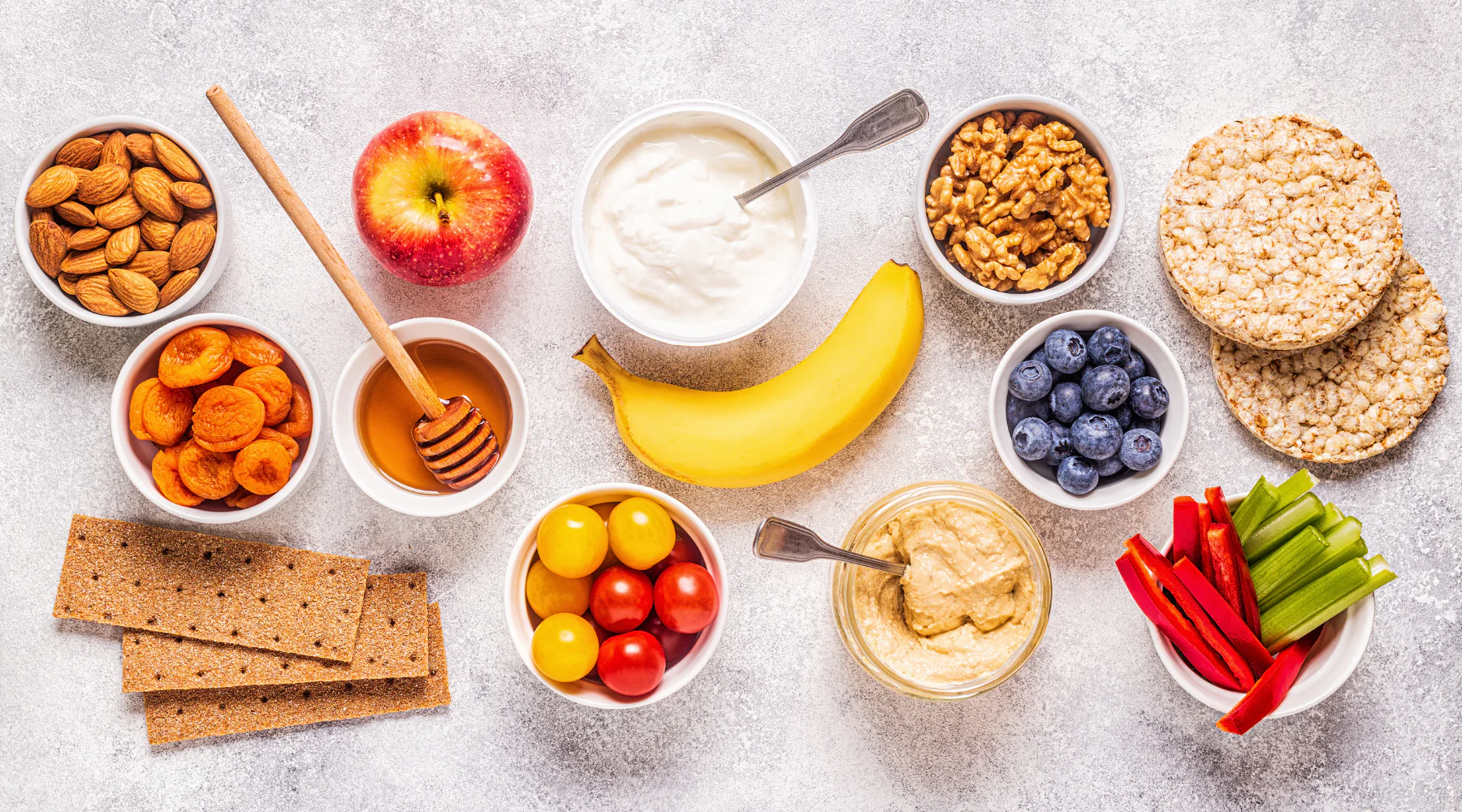Discover the Secrets to Sustainable Weight Loss That I Wish I Knew Sooner
Weight loss is often portrayed as a straightforward process: eat less, move more. However, the reality is far more complex. Over the past seven years, I’ve tried countless diets, workout plans, and weight loss strategies. Through trial and error, I’ve discovered nine basic yet powerful tips that have made a significant difference in my journey. These tips go beyond the common advice, providing you with sustainable methods to achieve and maintain your weight loss goals.
1. Consistency Over Perfection
One of the most important lessons I learned is that consistency beats perfection every time. It’s better to follow a healthy eating and exercise plan 80% of the time than to aim for 100% perfection and burn out. Embrace the concept of “progress, not perfection.” Allow yourself occasional indulgences without guilt, knowing that consistency in your habits is what leads to lasting results.
Why It Works
Consistency helps to establish and maintain habits that become part of your lifestyle, making it easier to stick to your weight loss plan long-term.
2. Prioritize Protein
Protein is essential for weight loss. It keeps you fuller for longer, reduces cravings, and helps build lean muscle mass. Aim to include a source of protein in every meal, whether it’s lean meats, fish, eggs, dairy, or plant-based proteins like beans, lentils, and tofu.
Why It Works
Protein increases satiety, helps in muscle recovery and growth, and can slightly boost your metabolism.
3. Stay Hydrated
Hydration is often overlooked but is crucial for weight loss. Drinking enough water helps control hunger, boosts metabolism, and aids in digestion. Aim for at least eight glasses of water a day, and more if you’re active.
Why It Works
Water can help suppress your appetite, improve your body’s ability to burn fat, and ensure that your muscles work efficiently during exercise.
4. Mindful Eating
Practicing mindful eating can drastically change your relationship with food. It involves paying full attention to the eating experience, savoring each bite, and listening to your body’s hunger and fullness cues. Avoid distractions like TV or smartphones while eating.
Why It Works
Mindful eating helps you enjoy your food more, reduces overeating, and helps you make healthier food choices.
5. Get Enough Sleep
Sleep plays a vital role in weight management. Lack of sleep can disrupt hunger hormones, increase cravings for unhealthy foods, and decrease your willpower. Aim for 7-9 hours of quality sleep each night.
Why It Works
Adequate sleep helps regulate hormones that control hunger and appetite, supports muscle recovery, and improves overall energy levels.
6. Plan and Prep Meals
Meal planning and preparation are key to staying on track with your weight loss goals. Set aside time each week to plan your meals, create a shopping list, and prepare ingredients or full meals in advance. This helps you avoid unhealthy choices when you’re busy or tired.
Why It Works
Having healthy meals and snacks readily available makes it easier to stick to your eating plan and reduces the temptation to grab fast food or processed snacks.
7. Incorporate Strength Training
While cardio is often emphasized for weight loss, strength training is equally important. Building muscle increases your resting metabolic rate, meaning you burn more calories even at rest. Aim to include strength training exercises at least 2-3 times a week.
Why It Works
Strength training helps preserve muscle mass during weight loss, improves body composition, and boosts metabolism.
8. Manage Stress
Chronic stress can hinder weight loss by increasing cortisol levels, which can lead to weight gain, especially around the abdomen. Incorporate stress management techniques into your daily routine, such as meditation, deep breathing exercises, yoga, or spending time in nature.
Why It Works
Reducing stress helps to balance hormones, reduce emotional eating, and improve overall mental and physical health.
9. Track Your Progress
Tracking your food intake, exercise, and progress can help you stay accountable and make adjustments as needed. Use a journal, app, or spreadsheet to log your meals, workouts, and weight changes. Reviewing your progress regularly can keep you motivated and focused on your goals.
Why It Works
Tracking helps identify patterns, allows you to see what’s working and what isn’t, and provides motivation by showing your progress over time.
Join the Movement
Ready to start your weight loss journey with these tried-and-true tips? Remember, it’s about making sustainable changes that fit into your lifestyle. Visit our blog at Wellness Accelerator for more tips on weight loss and overall wellness. Don’t forget to bookmark our site, follow us on Twitter, and subscribe to our YouTube channel for regular updates and inspiration.





